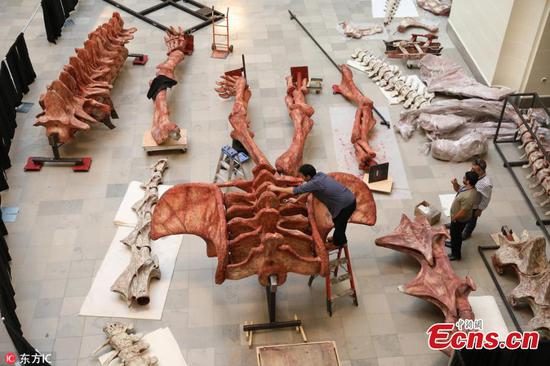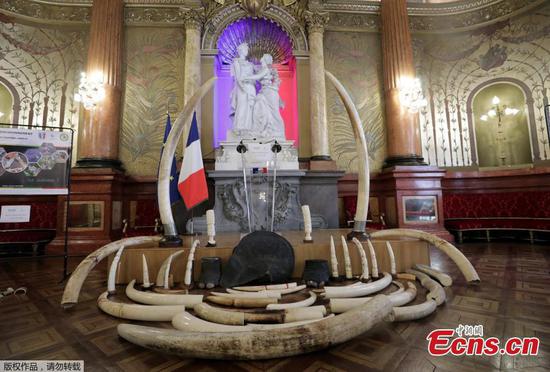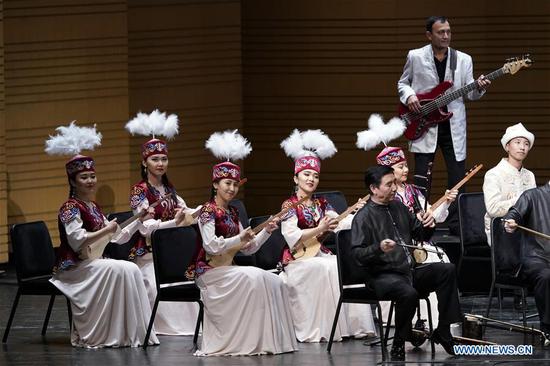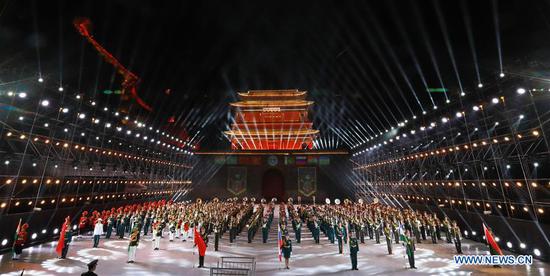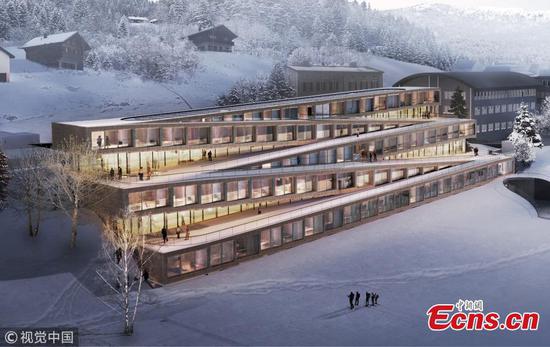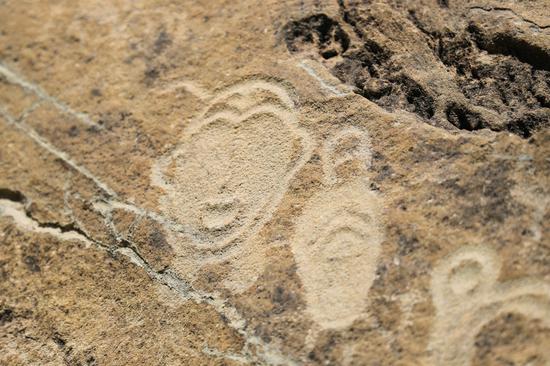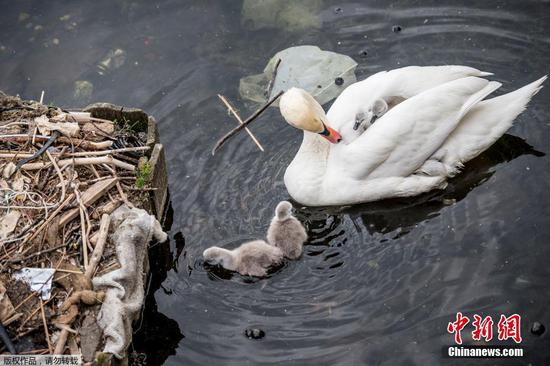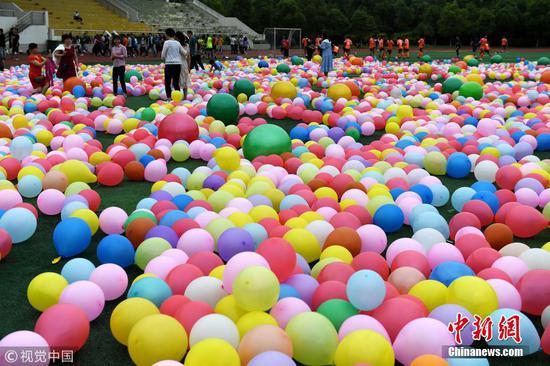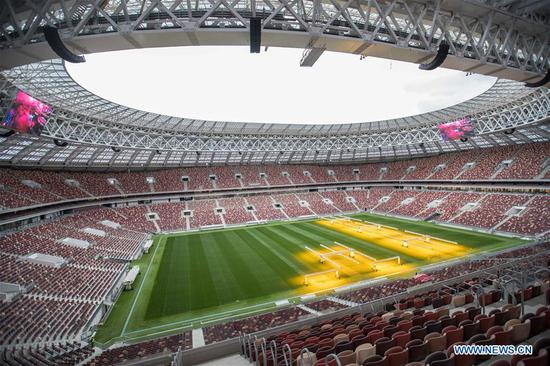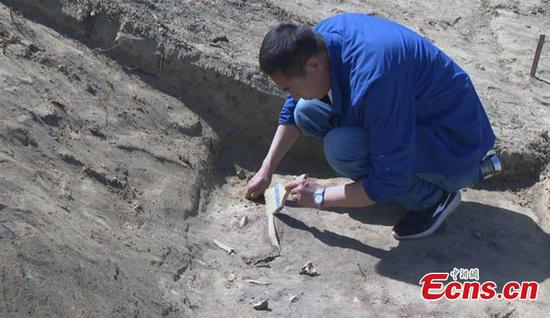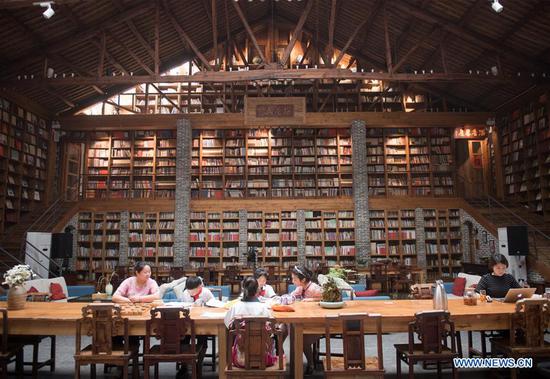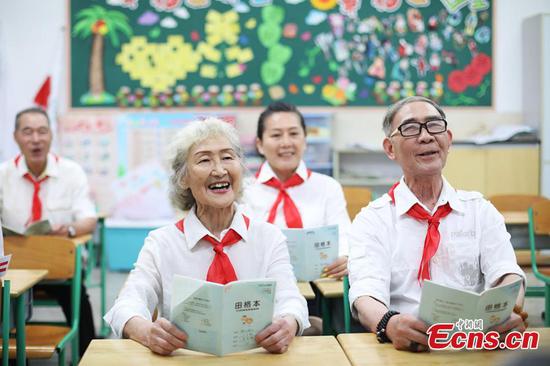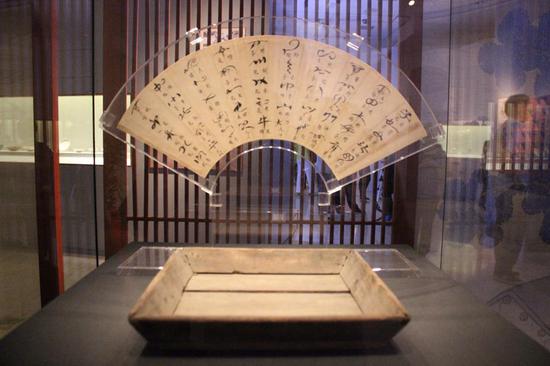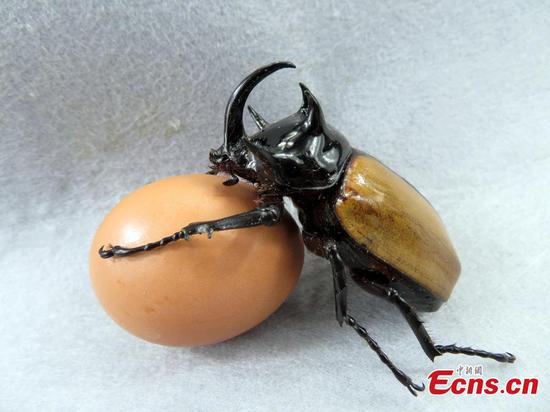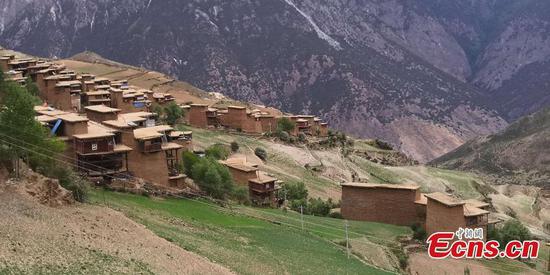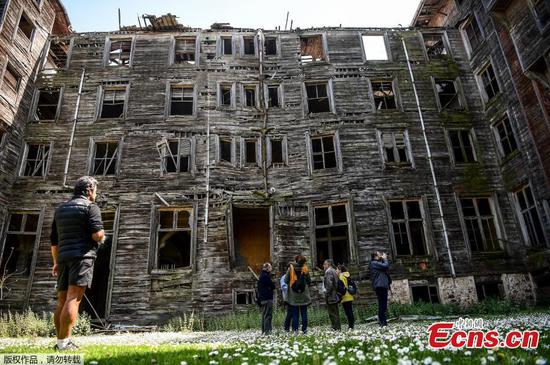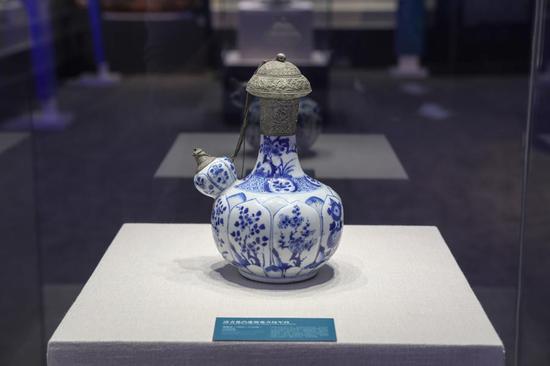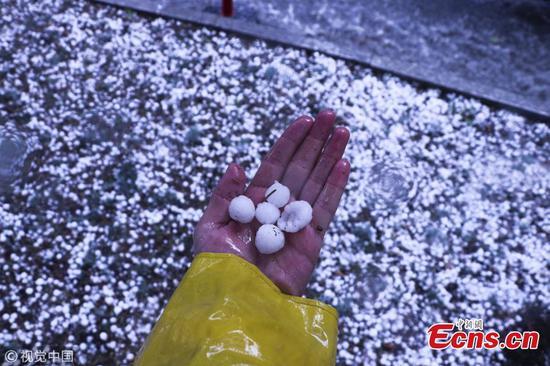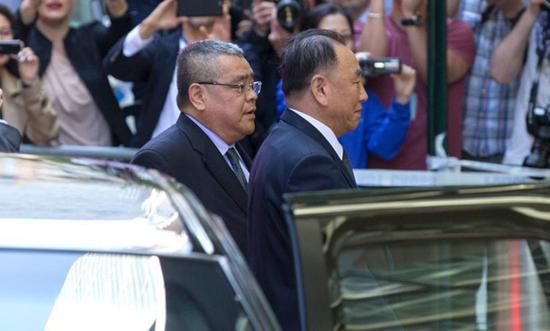Changes will give younger talent more funding and opportunities
China has completed a remake of its retirement system for science academicians - the highest academic title for scientists and engineers in China - opening more opportunities for younger accomplished scholars to play a bigger role in funding allocation and research priorities.
While academicians are invaluable experts in their fields and have contributed greatly to China's scientific development, some of them are simply too old to endure the grueling and solitary life required by front-line research, Bai Chunli, president of the Chinese Academy of Sciences, said earlier this week.
There are 1,668 Chinese academicians and 157 foreign academicians affiliated with the Chinese Academy of Sciences and the Chinese Academy of Engineering. Most academicians are male, and more than 40 percent of all academy members are above age 80.
Caring for older academicians, optimizing their retirement packages and allowing those able to contribute to China's scientific development to continue doing so even after retirement, is an act of love, Bai said.
"These actions represent the bountiful love and respect the Party and nation have for intellectuals," Bai said.
Since 2014, China has been adding younger faces and optimizing the selection and management of possible candidates, Bai said. In 2015, the State Council, China's Cabinet, set 70 as the retirement age for academicians.
In 2017, the science academy added 61 new academicians whose average age was 54. Ninety percent of new members are below age 60. For the engineering academy, 85 percent of its 67 new academicians in 2017 were below age 60, with an average age of 56.
"The aging staff of academicians is no longer an issue," Bai said.
As for older academicians, they will retire in batches of three, each batch separated by five years. The first to retire will be those who are 80, then 75 and 70. But academicians can also apply to continue their research if they wish, he said.
The title of academician is currently lifelong, and those who receive it enjoy privileges equivalent to a vice-minister. They also hold key positions at research institutes and universities and on major science projects.
Being named an academician is a significant honor, and those who have the title command great respect. Academicians often wield considerable influence over funding, research priorities and personnel selection, according to a CAS researcher who requested anonymity.
"Every institute prides itself on the number of academicians it has, and they all devote a lot of resources and energy to persuading academicians to stay on, despite the fact many may have passed their prime," the researcher said.
Tang Li, an academician specializing in energy science from the CAE, said a retirement system for older academicians is necessary because replacing them with fresh, energetic talent dovetails with the need for scientific growth.
"Fresh blood can bring new ideas and passion to science and reinvigorate the entire research team," Tang said. "I have great respect for old academicians, many of whom have sacrificed their entire lives for the country. Retirement will not change how the nation views and supports these scientists."
Miao Changwen, an academician in civil engineering from the CAE, said he fully understands the motives behind the retirement system. Young, capable talent needs opportunities to shoulder bigger roles and not be overly dependent on old academicians.
Even if academicians retire, they can still contribute by providing advice and guiding research, Miao said. "Retirement does not mean playing no more role in science."









